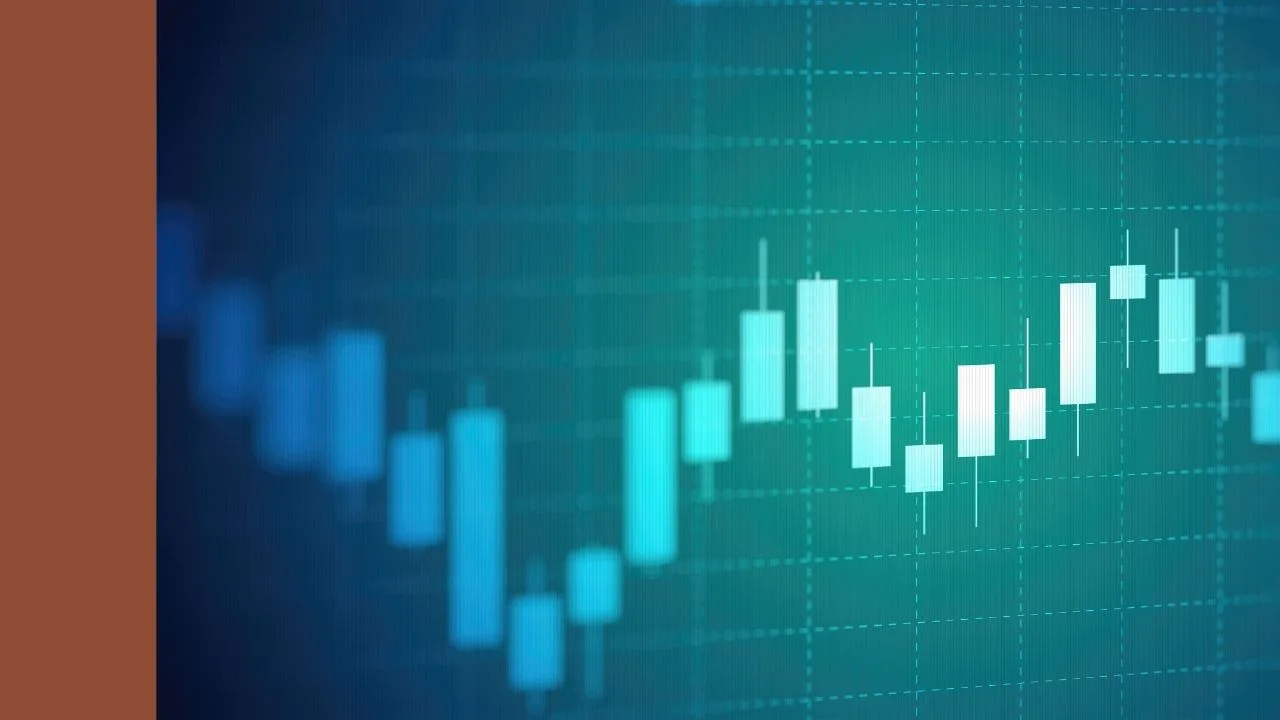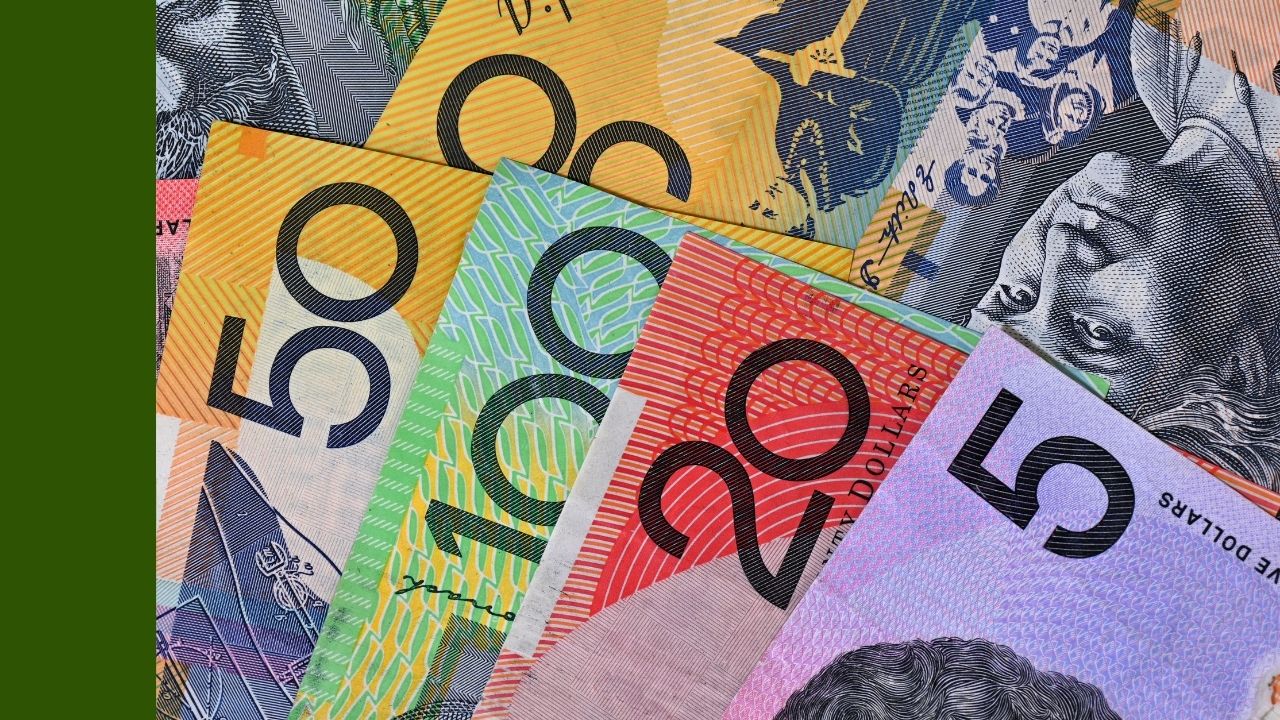PLS share price in focus
Pilbara Minerals is a leading ASX-listed lithium company, owning 100% of the world’s largest, independent hard-rock lithium operation, Pilgangoora, which it acquired in 2014.
Pilbara’s primary business is to, put simply, find, dig up and sell spodumene concentrate. It sells its concentrate through “offtake” agreements and spot sales on the Battery Material Exchange (BMX) platform. A good example of an offtake partner is Great Wall (the Chinese car company) or POSCO, a South Korean company.
Pilbara has overcome significant hurdles to become a leader in lithium mining in Australia. However, as a commodities producer, its revenue is still at the mercy of (sometimes dramatic) fluctuations in the price of spodumene in the global market. Even still, bulls would say it’s a ‘pure play’ investment on demand for electric vehicles and battery tech.
SOL shares
Founded in 1903, Washington H. Soul Pattinson (WHSP) is an investment company with a diversified portfolio of assets across a range of industries and asset classes.
Some of SOL’s largest holdings include stakes in other well-known publicly listed companies such as TPG Telecom (ASX: TPG), New Hope Group (ASX: NHC) and a cross shareholding in Brickworks (ASX: BKW).
SOL’s mission is to deliver superior returns to its shareholders by creating capital growth and steadily increasing dividends as a holding company. It’s the second-oldest publicly listed company on the ASX and has a strong track record of capital growth and dividends. It should be thought of as family-run LIC, for the benefit of all shareholders (who are deeply aligned).
Share price valuation
As a growth company, the way to put a broad projection on the PLS share price could be to compare its price-to-sales multiple over time. Currently, Pilbara Minerals Ltd shares have a price-sales ratio of 2.07x, which compares to its 5-year average of 6.53x, meaning its shares are trading below their historical average. Please keep in mind that context is important – and this is just one valuation technique. I wouldn’t make a decision based on one metric.
Since it is a more mature-style business, the SOL share price is offering a historical dividend yield of around 2.75%, which compares to its 5-year average of 2.54%. The Rask websites, especially our Rask Education platform, offer free tutorials explaining Discounted Cash Flow (DCF) and Dividend Discount Models (DDM). Both of these models would be a better way to value the SOL share price.






